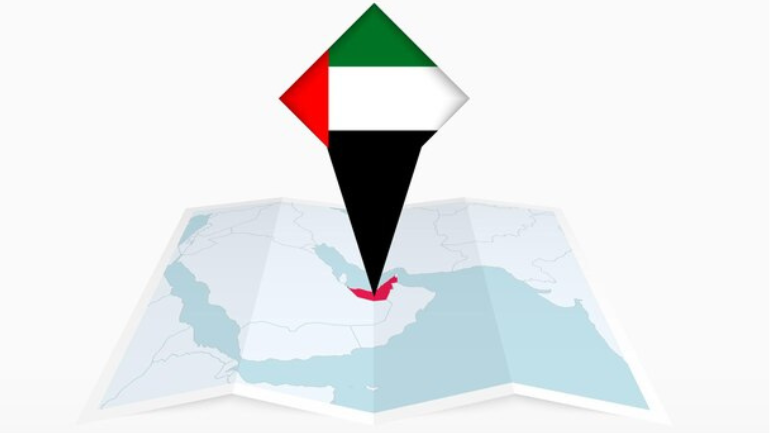madtechventures.com – Syria, located at the crossroads of Europe, Asia, and Africa, has long held a pivotal role in the geopolitical landscape of the Middle East. Its strategic location, rich history, and complex sociopolitical dynamics make it a focal point for regional and international interests. This article examines Syria’s geopolitical significance, exploring its impact on regional stability, global politics, and the ongoing challenges it faces.
Strategic Location and Historical Importance
Syria’s geographical position has historically made it a key player in regional politics. It shares borders with Turkey, Iraq, Jordan, Israel, and Lebanon, making it a significant link between the Mediterranean Sea and the Arab world. Throughout history, Syria has been part of major empires, including the Roman, Byzantine, and Ottoman Empires, contributing to its rich cultural and historical heritage.
In modern times, Syria’s location has made it strategically important for trade routes, energy pipelines, and military logistics. It serves as a gateway between the East and West, influencing economic and political interactions across the region.
The Role in Regional Politics
Syria has been a central figure in Middle Eastern politics, particularly in the Arab-Israeli conflict. Its proximity to Israel and its alliances with various Palestinian factions and groups like Hezbollah have positioned it as a critical player in regional tensions. Syria’s relationship with Iran has also been a significant factor, with both countries supporting each other in various regional conflicts and political endeavors.
The Syrian conflict, which began in 2011, has further elevated the country’s geopolitical importance. It has drawn in numerous regional powers, including Turkey, Iran, and Saudi Arabia, each with its own strategic interests and objectives. The conflict has become a proxy battleground for influence among these powers, further complicating the regional landscape.
Global Interests and Involvement
On the global stage, Syria’s geopolitical significance is underscored by the involvement of major powers such as the United States and Russia. The U.S. has been involved in efforts to combat terrorism and influence the outcome of the Syrian conflict, while Russia has maintained a military presence in Syria, supporting the government of Bashar al-Assad.
Syria’s alliances and opposition have implications for global security, energy politics, and international diplomacy. The presence of terrorist organizations and the humanitarian crisis resulting from the conflict have further drawn international attention and intervention.
Challenges and the Path Forward
The ongoing Syrian conflict presents significant challenges not only for Syria but for the entire region. The humanitarian crisis, displacement of millions, and destruction of infrastructure have long-term implications for regional stability and development.
Efforts to resolve the conflict and rebuild Syria require coordinated international and regional cooperation. Diplomatic initiatives, peace negotiations, and reconstruction efforts are essential for creating a stable and prosperous future for Syria and its neighbors.
Conclusion
Syria’s geopolitical significance is deeply intertwined with its strategic location, historical legacy, and complex political dynamics. As a focal point in regional and global politics, Syria’s future will continue to impact the broader Middle East and international relations. Understanding and addressing the challenges facing Syria are crucial for achieving lasting peace and stability in the region and beyond.
